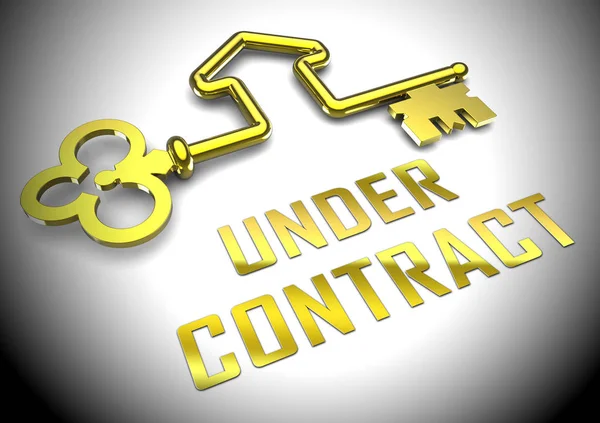Why FICO Scores Matter

Less than 2% of Americans can boast that they have a perfect credit score of 850. While it seems nearly impossible for most to make it to the top, it isn’t the end of the world if you don’t make it there. Keeping your focus on managing your credit profile has many great benefits for you as your score increases. Think of your credit score as your reputation or a rating system with the lenders.
What is a FICO score?
A FICO score is a three-digit number that helps lenders determine how likely you are to pay back loans as agreed. They use these numbers to help determine your creditworthiness. Scores range from a minimum of 300 up to a maximum of 850. Surprisingly, the average FICO credit score is actually 714.
A credit score between 670 and 739 is considered to be good, while a score of 740 to 799 is classified as very good, and a score of 800 to 850 is labeled as exceptional. If your score does not fall into these categories, it doesn’t mean that you cannot obtain credit, it’s just going to cost you more money. It may be a higher interest rate, down payment or deposit. You may need a co-signer or any other requirements that the lender sees fit before agreeing to loan you money or open up a credit account.
Characteristics of High Credit Profiles:
– Long credit histories (average oldest account is 30 years).
– No late payments or collections.
– Low credit usage (about 10% of their available credit).
– Few recent credit inquiries.
How Can You Improve Your Credit Score?
1. PAY YOUR BILLS ON TIME: Late payments can harm your score. Consider autopay or reminders to help you stay on track.
2. DON’T MAX OUT YOUR CARDS: Try to use less than 30% of your available credit, ideally closer to 10%.
3. LIMIT CREDIT PULLS: Each new application can lower your score, so apply for credit sparingly.
4. CHECK YOUR CREDIT REPORTS: Errors can occur, so be sure review all 3 of your reports (Equifax, TransUnion and Experian) at least once a year. You can check them for free at AnnualCreditReport.com.
5. BECOME AN AUTHORIZED USER: Ask a family member with good credit to add you to their credit card. This can help improve your score, but be aware that if they miss a payment it could negatively impact your credit.
While reaching a perfect score is great, it’s not essential. Focus on building good credit habits over time, and you’ll likely end up with a strong score and more favorable offers of credit in your future.







